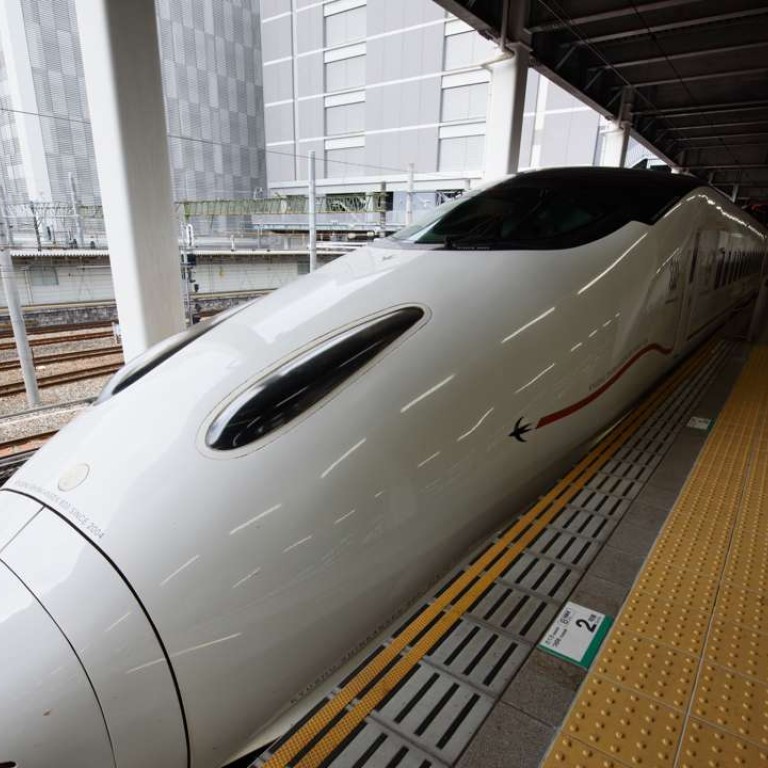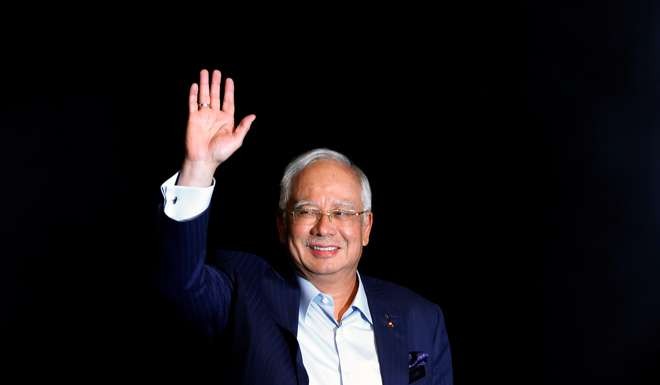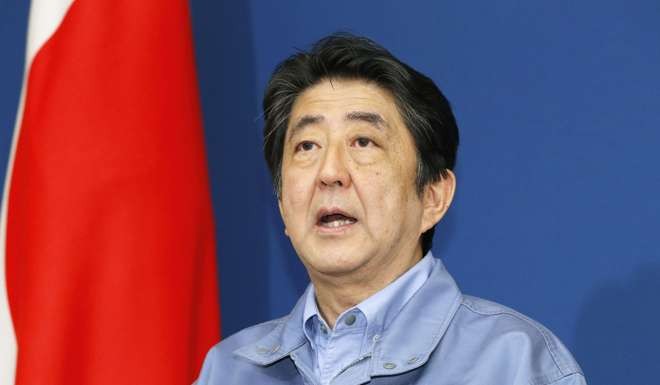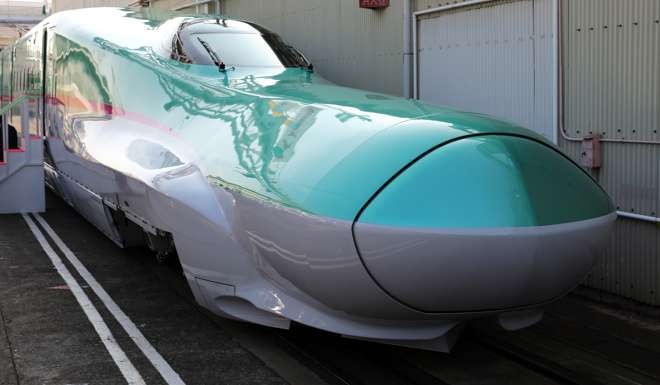
As Malaysia PM Najib visits, Japan to compete with China for high-speed rail project
Japan will pitch for a lucrative high speed rail project linking Kuala Lumpur and Singapore, as Malaysian Prime Minister Najib Abdul Razak arrived in Tokyo on Tuesday for a three-day visit.
Tokyo will not want to be left too far behind in the pecking order and it will be timely to try and show a balance with China
Japan is rolling out the red carpet, Paul Gabriel, editor of the Malaysian English-language daily, The Star, wrote in an article published on Tuesday, adding that “Tokyo will not want to be left too far behind in the pecking order and it will be timely to try and show a balance with China as far as relations with Malaysia go”.
Najib is slated to hold talks with his Japanese counterpart, Shinzo Abe, on Wednesday. Minister of Land, Infrastructure, Transport and Tourism Keiichi Ishii will also pay Najib a courtesy call.
As Najib and Abe meet, a high speed rail conference is set to take place in Kyoto, with the participation of top rail transport officials from Malaysia and Singapore. Najib had been invited to give a speech but, due to time constraint, he could not make it. He will fly to Peru on Thursday to attend an Asia-Pacific Economic Cooperation summit.
Najib has praised Japan’s shinkansen bullet trains system, which he said has a “strong international reputation” for safety and punctuality. He added that, being the largest infrastructure project ever undertaken by Malaysia, cost is also a key factor in the plans for high-speed rail at home.
Malaysia and Singapore will take into consideration cost efficiency while not compromising on safety, he added. According to the plan, the rail line will run around 350km along the west coast of the Malay Peninsula, from Kuala Lumpur to Singapore, with journeys estimated to take about 90 minutes.
A memorandum of understanding between the two governments was signed in July, and a more binding bilateral agreement is scheduled to be inked on December 5, according to the New Straits Times, paving the way for an international tender to be announced next year.

Najib said both Malaysia and Singapore are committed to seeing operations commence by 2026.
At present, China appears to be the front-runner to clinch the project which has been pegged between 60 and 65 billion ringgit (about US$14-US$15 billion), according to unofficial estimates.
Najib hailed the trip as a “groundbreaking” one which took bilateral ties to new heights.
Besides the high-speed rail issue, Najib is expected to witness the signing of the handover agreement for two used patrol vessels from the Japan Coast Guard, which will help boost security in the South China Sea, a source of tension in the region due to overlapping territorial claims.

On November 2, in an article written for the China Daily in conjunction with his visit, Najib raised eyebrows when he seemingly criticised the United States.
“When it comes to the South China Sea, we [referring to both Malaysia and China] firmly believe that overlapping territorial and maritime disputes should be managed calmly and rationally through dialogue, in accordance with the rule of law and peaceful negotiations,” he wrote.
“More generally, we believe it is incumbent upon larger countries to treat smaller ones fairly. And this includes former colonial powers. It is not for them to lecture countries they once exploited on how to conduct their own internal affairs today. Malaysia and China are united in agreeing on the need to defend the sovereignty of the nation state and in the belief that the individual histories, values and governance systems of different countries must be respected,” he added.

Najib’s trip to Japan may not be as high profile as his visit to China, but he will seek to affirm ties, as the two nations are set to mark the 60th anniversary of the establishment of diplomatic relations next year.
Besides Abe and Ishii, Najib will also be meeting Hiroyuki Ishige, chairman and chief executive officer of the Japan External Trade Organisation, and members of the Japan-Malaysia Parliamentary Friendship Association. This will be Najib’s fourth visit to Japan since assuming office in 2009.
Last year, Japan was Malaysia’s fourth largest trading partner globally with total bilateral trade recorded at US$32.77 billion. Japan remains the largest foreign investor in Malaysia’s manufacturing sector, with more than 1,400 Japanese companies currently operating. In 2015, a total of 60 projects involving Japanese participation were approved with investment valued at 4 billion ringgit. These projects are set to create 5,201 job opportunities.

